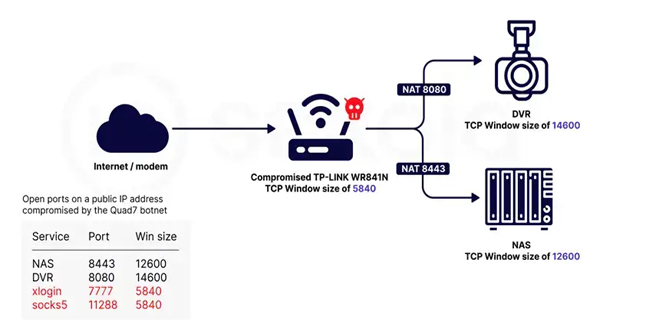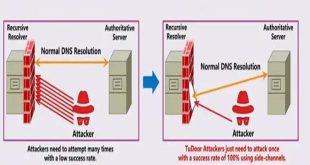Investigators found that two cryptocurrency addresses linked to a company in Myanmar received nearly $100 million in deposits in less than two years. This sheds light on the lucrative business of conducting romance scams and extorting ransom payments from the families of trafficked workers.
Chainalysis and a human rights researcher from the International Justice Mission collaborated to investigate scamming operations in KK Park, a criminal zone near the Thailand border. Satellite images of the area show many newly built buildings where thousands of workers are allegedly held captive.

They are forced to scam people by pretending to be in a relationship and tricking them into making fake investments, often using social media, dating sites, or messaging platforms.
Eric Heintz from IJM’s Global Fusion Center sent Chainalysis two cryptocurrency addresses related to a scamming gang in KK Park, where trafficked victims were instructed to pay ransom. He believes these addresses are linked to a Chinese front company.
“We see that while the addresses were provided to victims’ families as a means of ransom payment, both have also received significant funds from a number of known scam addresses,” Chainalysis wrote.
Since July 2022, one address has gotten $24.2 million in crypto deposits from four suspicious wallets, and some of the money going to the second address may also be from romance scams.
The remaining payments come from ransoms taken from workers’ families. They are often told to pay over $30,000 for their release.
“Given that these are just two addresses from a single company operating out of KK Park, we can infer that on the whole, pig butchering scammers working out of the compound are making significant sums,” they wrote.
“Our on-chain analysis shows how tightly interwoven pig butchering gangs’ ransom-taking operations are with their primary business of conducting romance scams. … Not only are consumers being bilked out of hundreds of millions of dollars each year, but the gangs behind those scams are also perpetuating a humanitarian crisis.”
A recent United Nations Office on Drugs and Crime report highlighted the role of the stablecoin Tether (USDT) in fueling the Southeast Asian scamming economy, calling it “among the most popular cryptocurrencies used by organized crime groups, demonstrated by a surging volume of cyberfraud, money laundering, and underground banking-related cases.” Stablecoins are pegged directly to the value of regular currency — in Tether’s case, the U.S. dollar.
Chainalysis reported that the cryptocurrency ecosystem is now taking action. Last November, Tether worked with the U.S. Department of Justice to freeze $225 million in USDT tokens linked to a pig butchering syndicate.
Human rights groups, law enforcement, and financial fraud watchdogs have been warning about pig butchering for years. Recently, the media has started paying more attention to this issue.
Source: Chainalysis
(Media Discalimer: Infosecbulletin is not responsible or liable for any decisions made or actions taken by recipients using this information and does not guarantee the accuracy of the information in this report and will not be responsible for any errors or inaccuracies.)
 InfoSecBulletin Cybersecurity for mankind
InfoSecBulletin Cybersecurity for mankind















